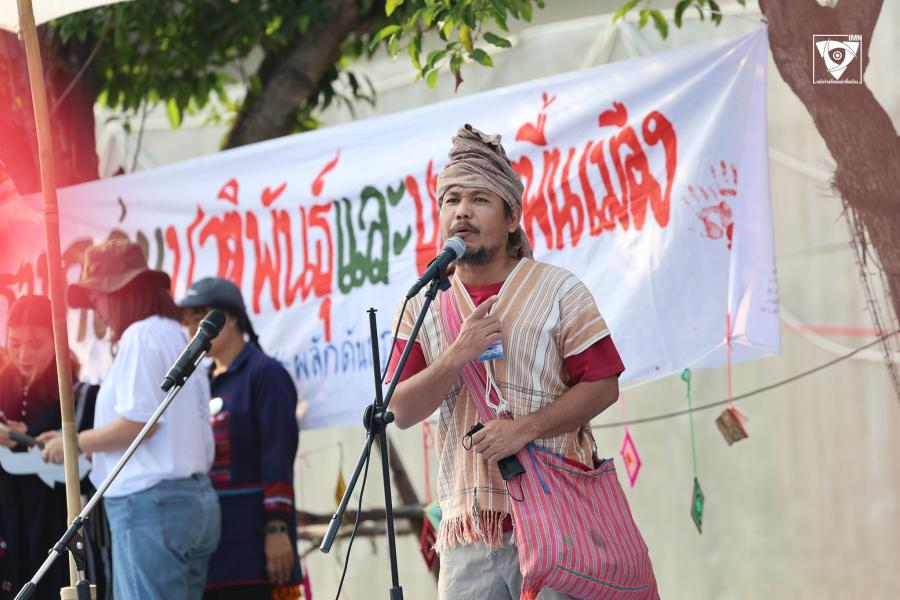The following is a preliminary draft of the set of guidelines for tourists considering visiting the villages of northern Thailand's mountain peoples (often referred to as hill tribes). These general guidelines apply to independent travelers as well as group tourists. Further information on this subject can be obtained through Chiang Mai University's Tribal Research institute (TRI), a number of non-governmental organizations the TRI can recommend, and in a wide variety of books and web sites.
- Preparation and research: Learn as much about the area and the people you are considering visiting as possible. A great deal of information is now available on the Internet about northern Thailand and its different ethnic groups. Also, investigate tour companies online if you intend to use one. Many have in-depth web sites providing a great deal of information. Determine if they are a culturally and ecologically sensitive company. They should also be able to provide you with a referral list of previous clients. Or, decide to travel independently.
- Cultural etiquette: Be aware of, and sensitive to, cultural customs, standards, and morés. The inhabitants of Thailand are generally conservative people when it comes to such things as dress and appearance, style of interaction, discretion of manner, and public displays of affection. Dress politely and modestly, respect the national and religious symbols, avoid loud and aggressive behavior, and confine overt romantic and sexual demonstrations to the privacy of your room.
- Village etiquette: A mountain village is more intimate, cohesive, and inter-connected than most small neighborhoods in the West. Bearing this in mind, common sense and simple courtesy dictate that one should exercise discretion and politeness; show respect and appreciation for the hospitality of the people whose homes and villages you are visiting. This includes not participating in illegal activities, not invading their privacy, not interrupting their daily schedule, not being overly obtrusive, and not defacing or damaging their environment. It does include, in a phrase, minimizing your cultural and environmental impact.
- Photography: This is a sensitive issue among the mountain peoples. Your guide should brief you on protocol. By no means should you photograph people in private situations (through windows, or when bathing), or without their consent. If you desire a photograph of someone in the absence of your guide, use gestures indicating that you wish to take their picture, and do so if permitted. A general rule is to do it quickly, politely, and thankfully.
- Tipping, donations, and begging: Monetary gifts should be given through proper channels. Your tour company may have arrangements in place for donations from guests. Discuss this with your guide. Ideally, special funds will have been set up with the village to which your donations can be applied. Do not perpetuate begging by giving children money or candy. Charity is a form of domination, and engenders dependence. Your tour company should be in partnership with the village; if so, they will be able to advise you concerning the best way to contribute. Tip your guides as you will at the end of the tour.
- Expectations and reality: The greatest common fallacy that should be discarded before visiting another culture is that they are from another time; this is not possible -- they are here now, in today's world, just like you. You will greatly enrich your experience with the people you are visiting if you do not look at them as primitive, exotic, colorful, or simple, but rather as real people with real lives who are trying to get by as best they can.
Article copyright Cultural Survival, Inc.

